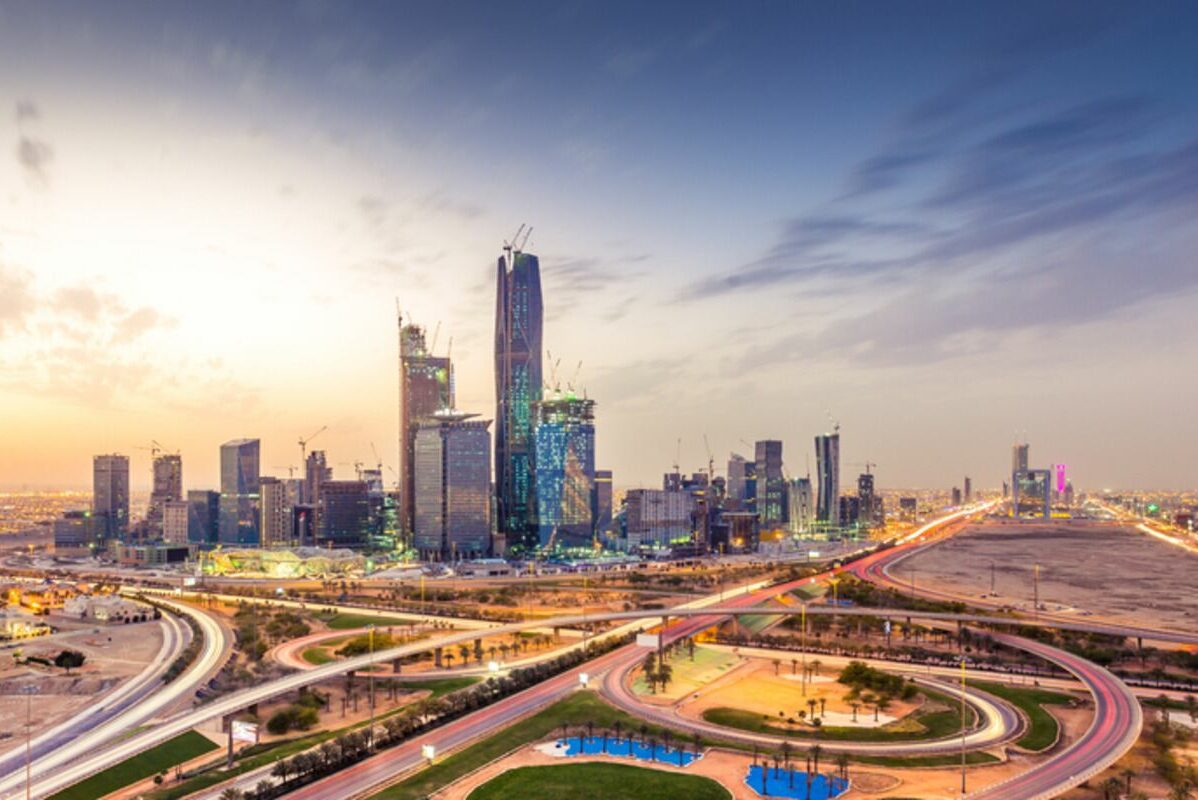Saudi Arabia has revised its budget estimates for 2023, increasing planned expenditure to SAR1,262 billion ($336.49 billion) from the previously announced SAR1,114 billion ($297 billion). While total revenues are expected to surpass earlier estimates, the budget now projects a SAR82 billion deficit for 2023, compared to the earlier surplus of SAR16 billion, due to the increased spending.
Looking ahead to 2024, the Ministry of Finance (MoF) estimates total expenditures to reach SAR1,251 billion, with total revenues estimated at SAR1,172 billion. A modest deficit of about 1.9 percent of GDP is projected, as the government focuses on increasing spending efficiency, implementing fiscal reforms, and strengthening fiscal sustainability.
Read more: Saudi non-oil revenues covered 40 percent of expenditures: Al-Jadaan
Saudi Minister of Finance, Mohammed bin Abdullah AlJadaan, stated that the government will continue implementing fiscal and economic structural reforms to develop and diversify the Saudi economy, while maintaining fiscal sustainability through the ongoing implementation of Saudi Vision 2030 initiatives and strategies. The positive forecast for the Saudi economy in 2024 indicates a real GDP growth of 4.4 percent, driven by non-oil activities and the growth of the private sector.
Sectoral strategies
The government’s commitment to Saudi Vision 2030 programs and initiatives, sectoral strategies, and giga projects will contribute to positive growth rates in 2024 and the medium-term. The pre-budget statement outlines estimated total revenues of SAR1,172 billion for FY 2024, increasing to SAR1,259 billion in FY 2026, with total expenditures estimated at SAR1,251 billion in FY 2024, reaching SAR1,368 billion in FY 2026.
Enhancing transparency
Additionally, MoF’s pre-budget statement enhances transparency, fiscal disclosure, and fiscal planning by providing a comprehensive fiscal and economic framework for the coming years. The budgeted revenues for 2023 are likely based on Brent oil prices of approximately $82/bbl, with oil revenues projected to reach SAR749 billion, as per a commentary from Al Rajhi Capital. Non-oil revenues are expected to surpass earlier estimates, driven by non-oil GDP growth and reaching SAR440 billion.
Furthermore, the increase in spending reflects the government’s strategic support for achieving the Vision 2030 target. The acceleration of spending is viewed positively for the economy. It is supported by higher non-oil revenues and the projected growth of the non-oil sector.
For more news on the economy, click here.




